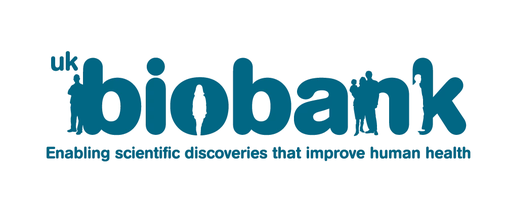After more than a decade of planning and execution, UK Biobank has completed the largest whole-body imaging study in history—scanning the brains, hearts, abdomens, blood vessels, bones, and joints of 100,000 volunteers. Each participant underwent a five-hour appointment that generated over 12,000 magnetic resonance images (MRIs), along with ultrasound scans and bone density measurements. These imaging datasets are now being integrated with 15 years of lifestyle, genetic, and clinical data from the same individuals, creating a uniquely rich resource for biomedical research.
The scale of the project—more than ten times larger than any previous imaging study—has already led to over 1,300 peer-reviewed publications and is transforming how scientists detect, diagnose, and understand disease. For example, AI tools trained on UK Biobank data are now used in over 90 countries to analyze heart scans in under a second, dramatically improving clinical efficiency. NHS memory clinics have adopted imaging protocols from the project to better diagnose dementia.
The imaging data are revealing new insights into disease risk and progression. Researchers have developed AI models that generate personalized “healthy heart” templates to detect early signs of cardiac disease. Studies show that organs can age biologically faster than a person’s chronological age, offering new ways to assess healthspan. The scans have also uncovered links between heart structure and psychiatric disorders, and shown how fat distribution varies genetically even among people with the same BMI—some patterns increasing disease risk, others offering protection.
One striking finding is that 1 in 10 middle-aged individuals, with no symptoms, have calcification in the abdominal aorta—a potentially lethal but underdiagnosed condition. Other studies have used the data to predict the early onset of 38 diseases using machine learning, and to demonstrate how even moderate alcohol consumption may shrink brain volume and increase dementia risk.
The project’s second phase, now underway, will re-scan 60,000 of the original participants to track changes over time. All imaging data will be made available to approved researchers by the end of 2025 via the UK Biobank Research Analysis Platform. The initiative is publicly funded and designed to democratize access to high-quality biomedical data, with researchers from over 60 countries already participating.
Here’s a video that shares more about UK Biobank’s mission:

